What is Traditional Chinese Medicine?
Traditional Chinese Medicine, or TCM, is one of the world’s oldest forms of medicine, with a history of more than 2,500 years. It is the essence of Chinese history, philosophy and medical knowledge. It is still the main form of medicine to many Chinese today.
With more research being done, and greater worldwide interest in natural products, TCM is increasingly recognised as a viable form of alternative medicine in other parts of the world.
One important perspective of TCM concerns the balance of the body (形,Xing) and mind (神,Shen). A healthy body forms a firm foundation for a healthy mind, which includes one’s thoughts, emotions and psychological state.
In short, TCM does not manage the illness alone, but the person with the illness. This medical approach is built upon the concepts of Zang Xiang, Yin Yang and the Five Elements.
Zang Xiang 藏相
Zang Xiang literally means the external manifestations of the health condition or status of our internal organs.
Zang Xiang forms the basic principle of most TCM diagnoses. By examining the symptoms displayed at superficial level, the root causes of the illnesses in the body can be nailed down; the principle of treatment can be derived and administered accordingly.
Zang refers to the interior location of the Zang-fu(脏腑)organs; while Xiang refers to their external appearance or symptoms.
Zang-fu covers the five Zang organs (the Heart, Liver, Spleen, Lungs and Kidneys) and six Fu organs (the Gall bladder, Stomach, Bladder, Large Intestines, Small Intestines and Triple Energizer).
Triple Energizer (三焦,San Jiao) refers to the upper (region above diaphragm), middle (region in between diaphragm and belly button) and lower (region below belly button) parts of the body, and its most important function is to govern water metabolism.
Yin Yang 阴阳
Everything in the universe exists as two opposing yet interdependent forces – Yin and Yang. They are two opposites of a whole which cannot exist without each other. Yin literally represents the “shady or dormant” aspect (e.g. water, dark, cold, night, passive, female) while Yang refers to the “sunny or active” aspect (e.g. fire, bright, hot, day, active, male).
In TCM, the Yin Yang concept is applied to understand the complex interconnections and constant changes in the human body. TCM views the human body as an integrated whole, where all organs and systems are interconnected and interdependent of each other. Generally, when Yin and Yang are in balance, our body is healthy; but if one force dominates the other, pain and illness will arise. TCM uses the Yin Yang concept to diagnose patterns of disharmony and determine treatments to restore balance.
Five Elements 五行
The Five Elements consist of wood, fire, earth, metal and water. Each represents different properties, functions or appearances under which all things in the universe can be classified. This concept is used to describe interactions and relationships between all natural phenomena.
The Five Elements interact with one another in two cycles, mainly the enhancing and destructive cycle. In the enhancing cycle, each elemental phase is assisting one another by boosting their ability to transform, whereas the destructive cycle exerts its effect by keeping each elemental phase under control to ensure balance and harmony.
In TCM, balance between generation and control is important for health maintenance.



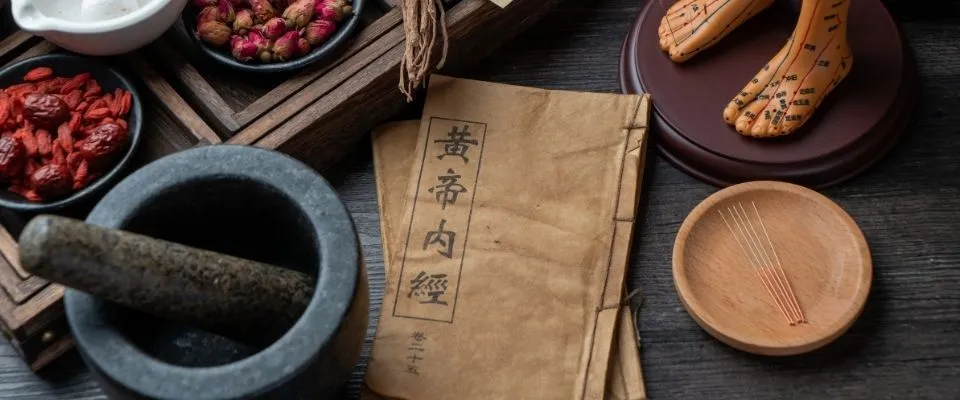

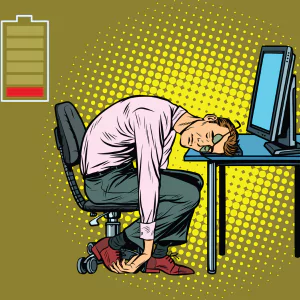
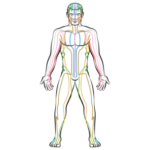
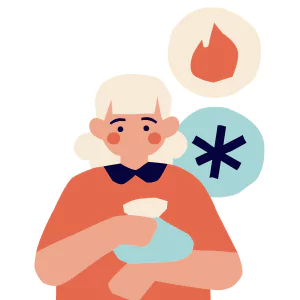
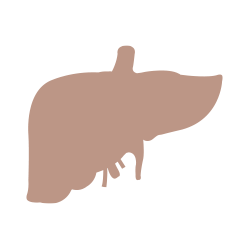
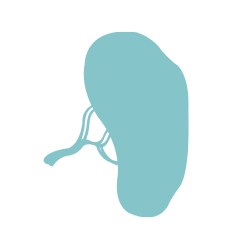
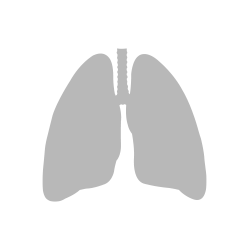
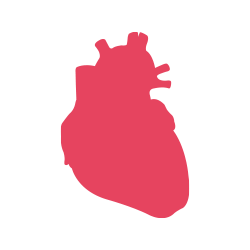
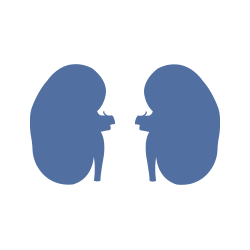

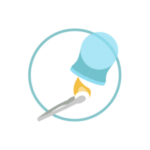
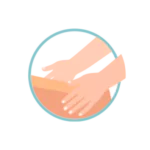





 Here are detailed tips for each emotion:
Here are detailed tips for each emotion: